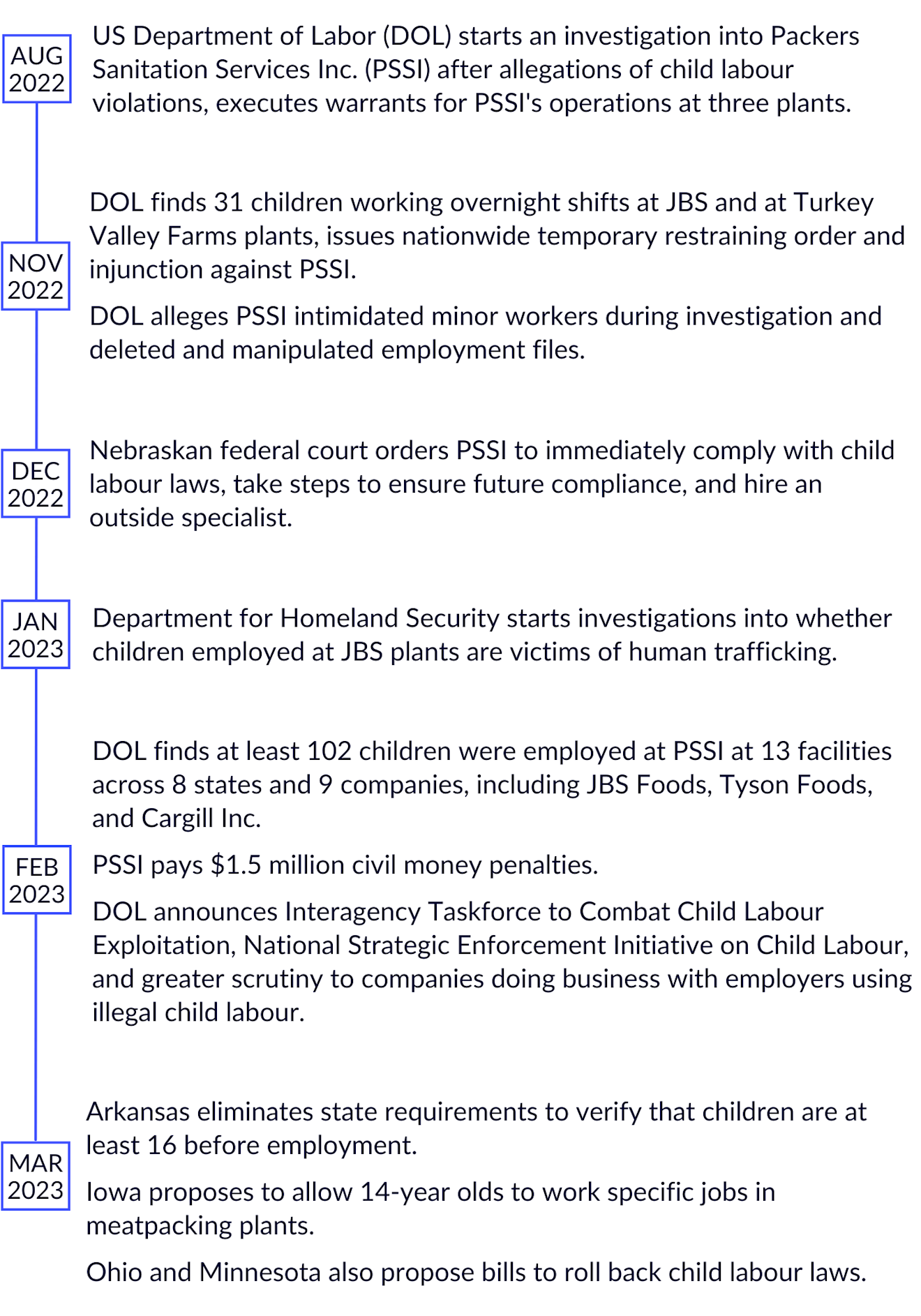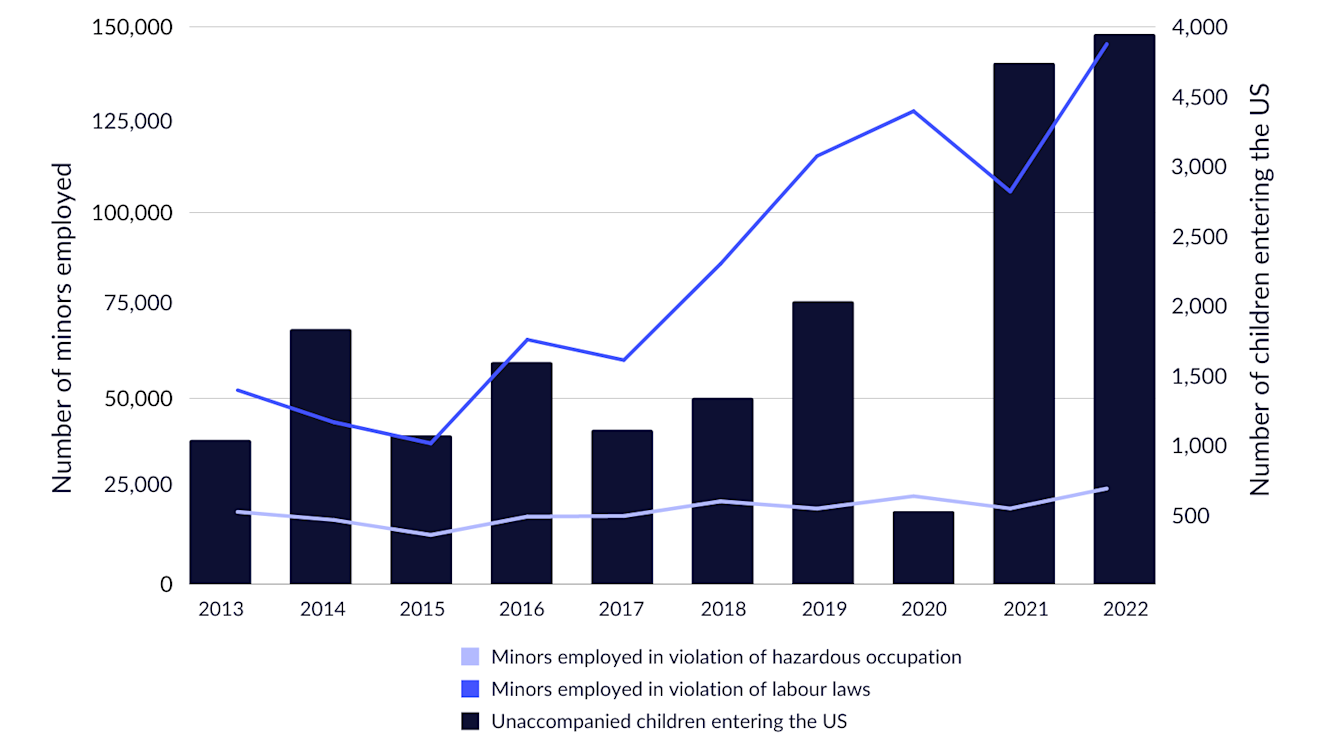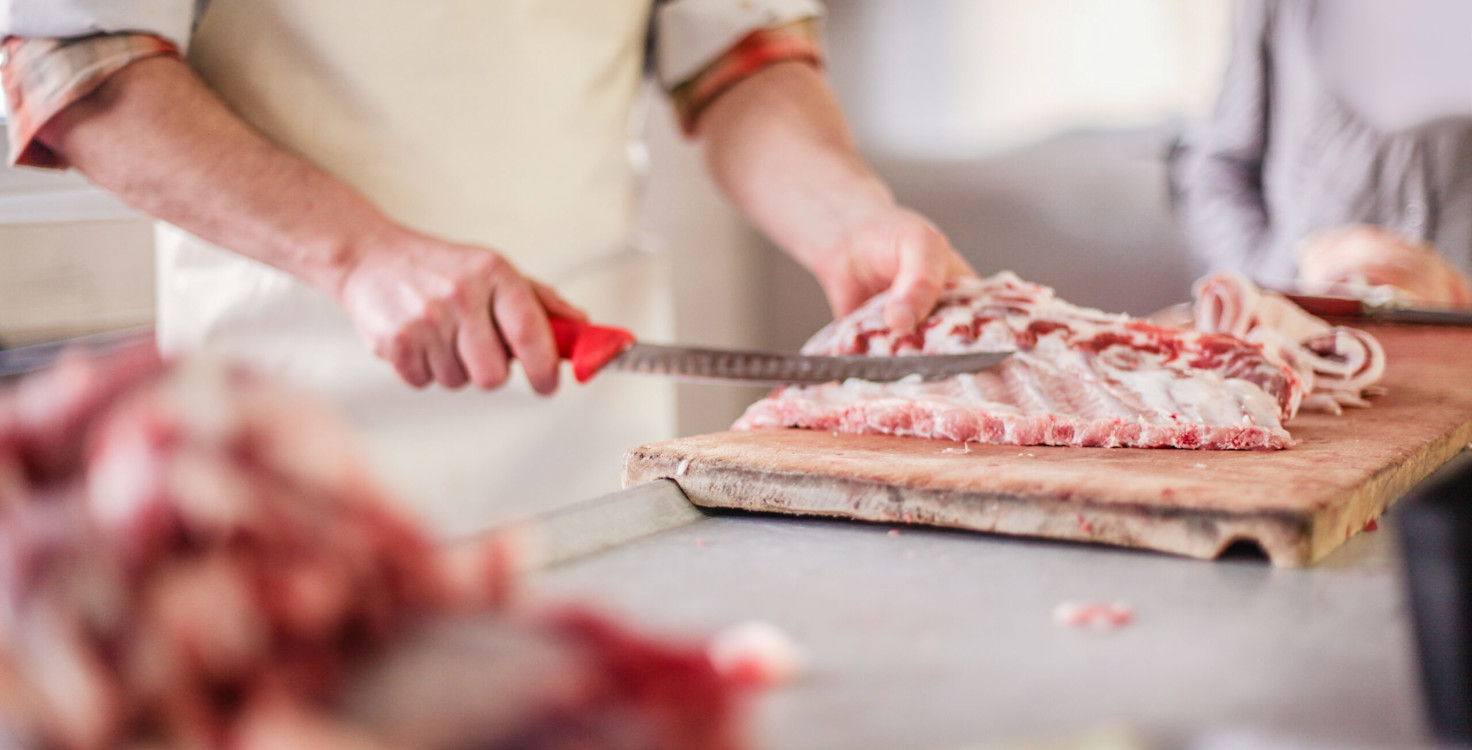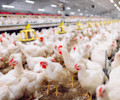The US meatpacking industry has recently been at the centre of a growing national child labour case: the Department of Labor (DOL) launched an investigation in November 2022, which focused on child labour violations by cleaning subcontractor Packers Sanitation Services Inc. (PSSI). Since then, events in the US have sparked scrutiny of yet another poor labour standard in the meatpacking sector. As a result, potential US government action to hold companies legally accountable exposed the industry to regulatory, legal, and reputational risks, which continue to intensify as investigatory outcomes emerge.
Legal Background
International standards clearly establish child labour as a violation of fundamental human rights. International Labour Organisation (ILO) research shows that child labour can lead to lifelong physical and psychological damage, perpetuate poverty across generations by keeping children out of school, and limit upward social mobility.
In the US, national and state-level laws contain specific provisions against different forms of child labour. At the Federal level, the Fair Labor Standards Act (FLSA) expressly bans the employment of minors in 17 hazardous occupations, including slaughterhouse and meatpacking plant work. Yet, the number of minors employed in violation of US labour laws has soared, almost quadrupling from 2015 to 2022 and reaching its highest rate yet.
The Issue as It Stands
Migrant children who enter the US unaccompanied and work to send money back to their families, or are put to work by their sponsors, have recently been found to be illegally employed in meatpacking plants across the country. A recent investigation found over 100 migrant children employed at PSSI raising attention at the end of 2022 and into 2023. PSSI is a private company which provides contracted sanitation workers to the meat industry, across over 725 plants with more than 16,500 workers in the US. An investigation into allegations of child labour in several of PSSI’s plants sparked a complex series of events, summarised in the timeline below.

Sources: US Department of Labor, New York Times, The Washington Post, The Guardian
Child Labour Law Violations and Unaccompanied Minors Entering the US

Sources: US Department of Labor, Wage and Hour Division; Washington Examiner; TRAC Immigration<br />Please note: due to a lack of reporting/oversight, real violation figures are likely to be higher.
Rates of child labour are increasing and the US is seeing ever higher numbers of unaccompanied minors crossing its borders with rolled back check-ins on the welfare of these children. While total civil money penalties for child labour offenses are on the rise alongside the rise of actual violations, these fines are low. The maximum penalty under current law is $15,138 per child, which the US Departments of Labor and Health and Safety warn is not high enough to act as a deterrent for major corporations.
Growing Regulatory Pressure
These major child labour issues in the US raise concerns for investors. Adolescents are twice as likely as adults to be seriously injured at work, increasing health and safety risks at the plant level. These cases also represent serious violations of national laws and international human rights standards. Further, the details of the PSSI case point clearly to the risks associated with corporations employing workers indirectly through subcontractors: it creates a lack of oversight, a muddy chain of culpability for violations, and exposes workers to exploitation. While PSSI is clearly responsible for children being employed, meatpacking companies like Tyson Foods and JBS USA are also culpable for the practices taking place in their facilities.
Whilst it has not yet done so, the US government could hold these companies legally accountable. Congress is considering increasing penalties for these violations and holding supervisors responsible for overseeing minors working in violation of labour laws. Other developments currently occurring in the US Government pose a regulatory risk for companies:
The Child Labor Prevention Act was recently introduced in the Senate, which would amend the Fair Labor Standards Act of 1938 to, among other things, apply child labour laws to independent contractors and increase penalties for violations.
Congress is under pressure to increase civil monetary penalties for companies that use child labour.
The DOL is establishing its Interagency Taskforce to Combat Child Labor Exploitation to improve collaboration and information sharing among agencies and a National Strategic Enforcement Initiative on Child Labor to empower its Wage and Hour Division with more data and enforcement tools.
The DOL is working to increase corporate accountability on the issue by applying closer scrutiny to companies doing business with employers using illegal child labour.
The ongoing PSSI case is a clear example of how human rights violations pose regulatory and legal risks for meat companies, as well as a clear reputational risk. Such risks will intensify further if ongoing Homeland Security investigations find that child workers are also victims of trafficking. These events highlight the need to address the longstanding lack of worker protection and poor labour practices in the US meatpacking industry.
The growing child labour issue in the United States is intrinsically linked to the problematic practice of subcontracting. As FAIRR’s Working Conditions engagement clearly indicates, meat companies are failing to report the number of subcontracted workers in their operations – just 1 of 7 engagement companies discloses these numbers. This means investors are currently unable to effectively assess their exposure to the risks associated with these precarious contract types, including child and other exploitative forms of labour. FAIRR’s Working Conditions engagement will open for sign-on to its third phase in May 2023, where we will continue to engage 6 of the world’s largest meat producers on this and other vital labour topics.
Investors can download FAIRR’s second Unpacking Labour Risk in Global Meat Supply Chains report now for more detailed analysis on subcontracting and other risks.
FAIRR insights are written by FAIRR team members and occasionally co-authored with guest contributors. The authors write in their individual capacity and do not necessarily represent the FAIRR view.










